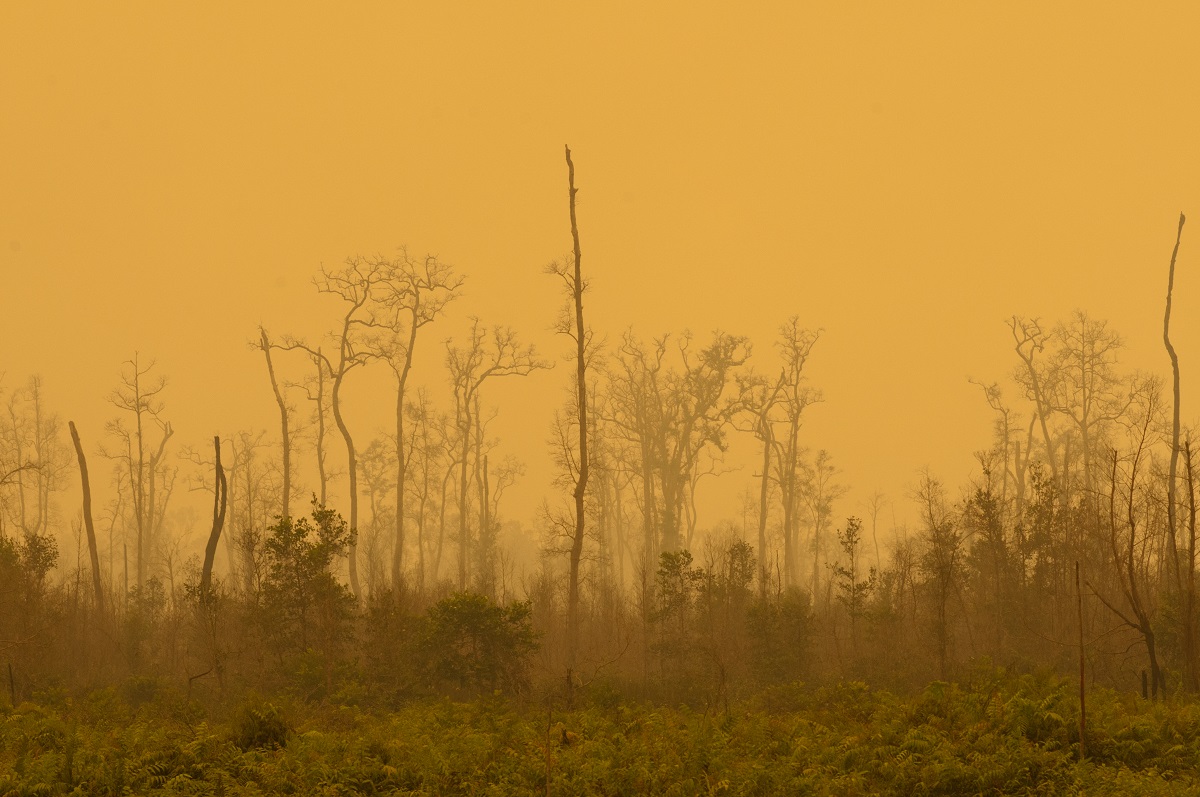Latest News

Maize streak virus (MSV) is transmitted by the insect leafhopper Cicadulina spp. In maize plants, MSV infection initially manifests as small, round, scattered spots on their leaves, which get larger as the plant grows until the spots resemble...

Malnutrition refers to deficiencies, excesses, or imbalances in a person’s intake of energy and/or nutrients, as defined by the World Health Organization. Undernutrition can be defined as an insufficient intake of energy and nutrients to meet an...

On farms, rodents consume and spoil animal feed, damage infrastructure and are a considerable threat to animal health and to achieving optimal health and wellbeing recognising the interconnections between people, animals, plants and their shared...

“The males just want to dance around, have fun and enjoy copious amounts of sex and sugar. They are alive for about one week and they literally don’t care about anything else.” So began a talk by NRI’s Associate Professor S. Noushin Emami which she...

Terms such as ‘1.5ᵒC’and ‘Net Zero’ have entered the forum of public debate and will likely be assimilated into more common parlance as reporting on these issues continues. The volume of climate-related content in the media is increasing,...

Forests are critically important – they encompass vast terrestrial biodiversity, they are culturally, spiritually, and economically significant to millions of communities and producers, and, because of their role as carbon sinks, their protection...

Take a look in your store cupboard, your fridge, your fruit and vegetable rack, your bread bin… How much of that food will be eaten? How much will be wasted? Read on to find out more, including 14 easy actions that we can all do now to reduce our...

Climate extremes – including droughts, floods, or tropical cyclones – are becoming more frequent, intense, and lasting longer, as demonstrated by the IPCC [1]. Many of these extremes, caused by climate change, can lead to devastating impacts on the...

The relationship between land use and the climate is complex. Changes in land use are being driven by pressures on land and natural resources from increasing global demand for food, fibre and fuel, with challenges such as biodiversity losses and...

“Eating is an agricultural act” – Wendell Berry, US farmer, poet and philosopher. Agriculture is fundamental to human prosperity, but it is also in direct competition for space with other land ecosystems. While agriculture is called upon to...

“Earth to COP. For those who have eyes to see, for those who have ears to listen, and for those who have a heart to feel. 1.5 degrees is what we need to survive”. This quote is from an arresting speech from Prime Minister Mia Mottley of Barbados at...

NRI’s Professor Steve Belmain recently featured in BBC One’s Panorama ‘Wild Weather’. The programme, which went out on BBC1 on Wednesday 3rd November, investigated a year of wild weather and showed how freak events are becoming increasingly...

Who ‘holds’ the land? Land tenure refers to “the terms under which land and natural resources are held by individuals, households or social groups”. When we are sure of who holds the land where we live, or farm, and we are sure of the conditions of...


